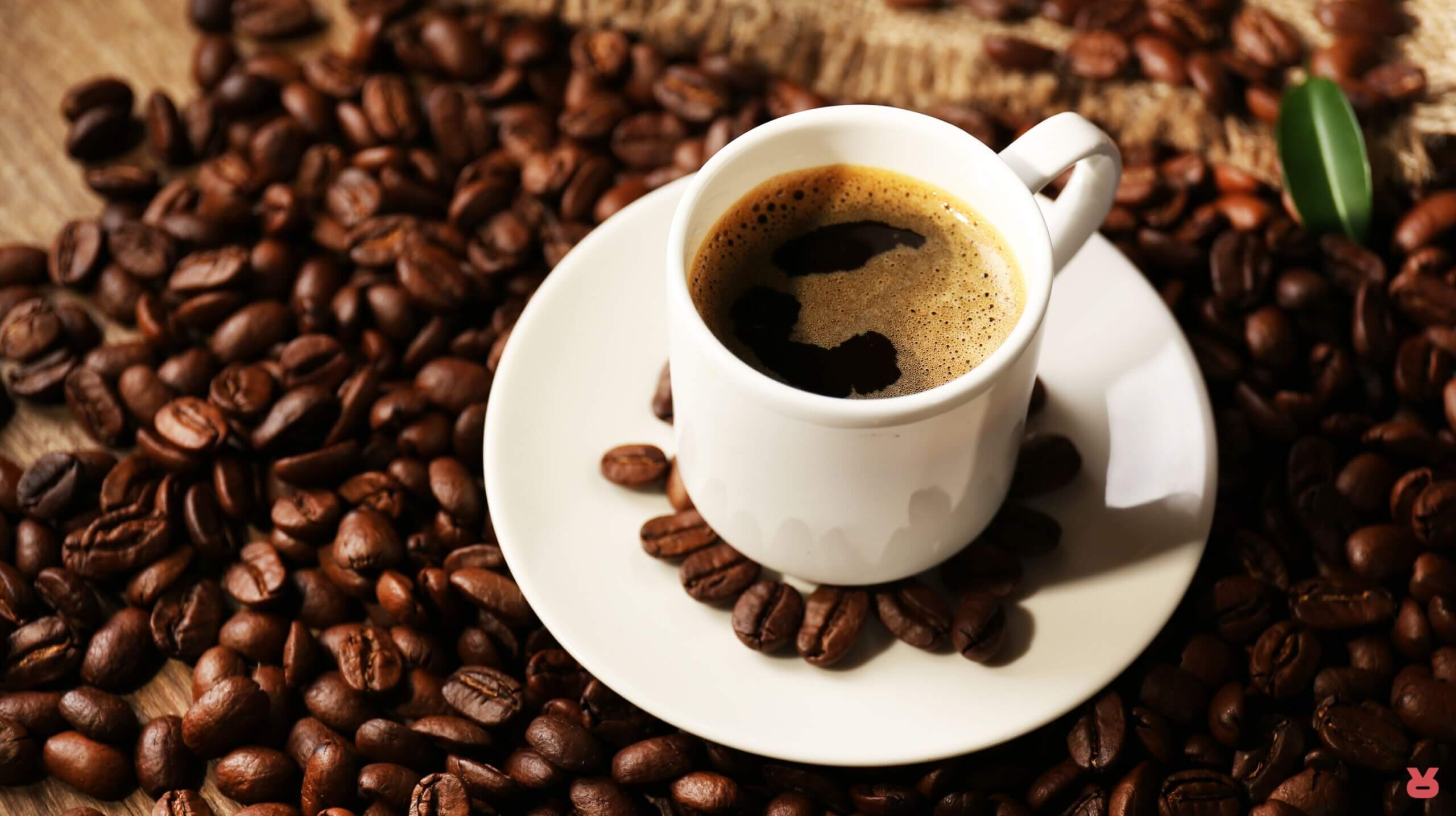- No products in the cart.
Coffee without caffeine – Decaf
Coffee without caffeine (decaffeinated) is the ideal solution when you are rather compelled to deprive yourself of your caffeine intake for health reasons or simply because it is too late for another cup of coffee. Wondering where and how the rich aroma and exquisite taste of your favorite coffee reach your cup but without the stimulating effect of caffeine? Now it’s time to find out!
Ways / Procedures for caffeine removal (decaffeination)
The search for ways to eliminate caffeine from coffee beans began in the early 20th century. One of the pioneers of decaffeination was Ludwig Raselius, who proposed the use of steam to make grains porous and developed the first caffeine removal system using organic solvents. Since then, caffeine elimination techniques have evolved greatly with the help of technology. Today, caffeine is removed from green (non-roasted) coffee with one of the three most common procedures.- The first and most common method involves soaking the green coffee beans in hot water and then using a solvent to remove the caffeine (decaf).
- An alternative method is the following: first, the coffee beans are steamed instead of soaking in water and then rinsed with solvents – such as acetyl ethyl ester. Its chemical name may scare you, but be aware that it is a natural substance found in fruits and vegetables and contributes significantly to removing caffeine from coffee beans. Finally, the coffee is steamed again.
- The removal of the maximum amount of caffeine (up to 98%) is achieved by another method, known as “Swiss Water Process”, which uses an activated charcoal filter in combination with solvents.
Beneficial properties of decaffeinated coffee
Surely you know quite well the benefits of coffee for the body. In fact, its healing, antioxidant and immune effects are some of the reasons you choose to add it to your daily diet. Unlike coffee substitutes from other beans, decaffeinated coffee lacks neither flavor nor nutrients from regular coffee, as the benefits of consuming coffee are attributed to the natural antioxidants it contains, and not caffeine. Therefore, decaffeinated coffee (decaf) keeps its beneficial effect unchanged, while in combination with its almost zero caloric value, it is an ideal companion for every hour of the day.What is the maximum permissible dose of caffeine?
Caffeine tolerance is different for each of us as it depends on age, health, and lifestyle. In general, the maximum amount is about 300mg-400mg of caffeine per day. This quantity includes all caffeinated beverages, drinks, and foods. To get a clearer picture of the amount of caffeine you consume each day, but also what foods and drinks add up to it, you may see some examples to help you:- A medium cup of filter coffee contains 80-170mg of caffeine
- Instant coffee contains 80-100mg of caffeine
- A single Greek contains about 40mg
- A cup of tea contains 25-100mg,
- Coca Cola soft drinks contain 25-40mg,
- Cocoa contains 2 – 20mg of caffeine.

